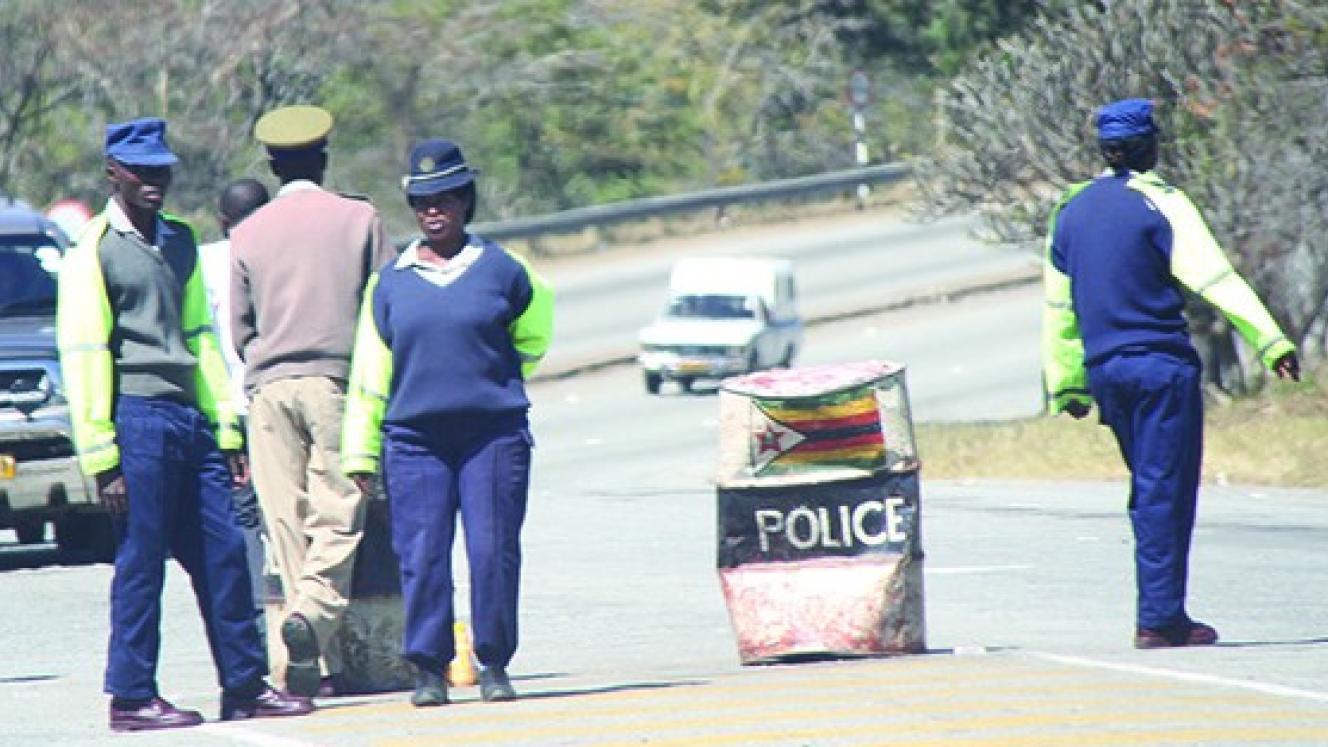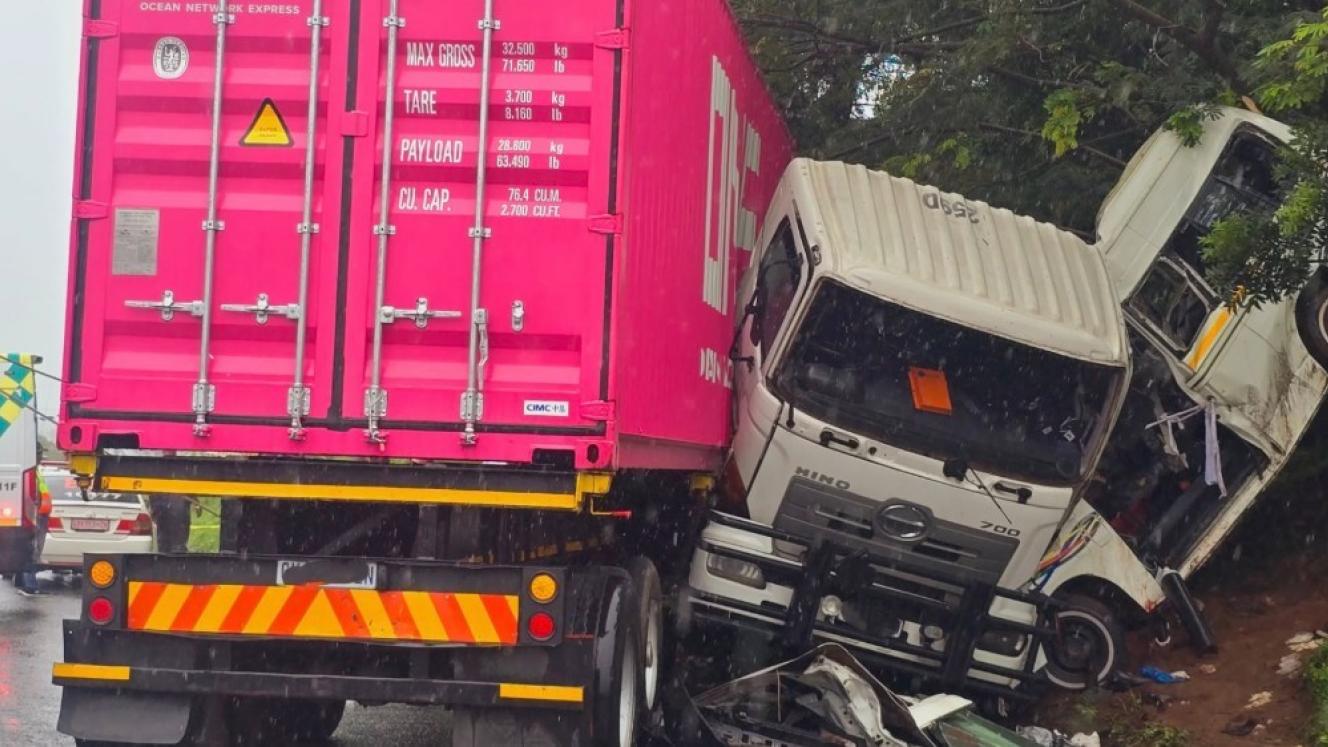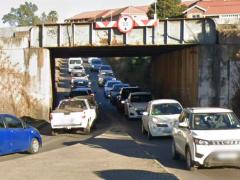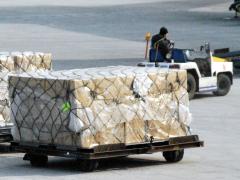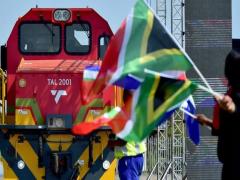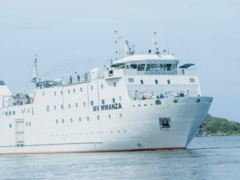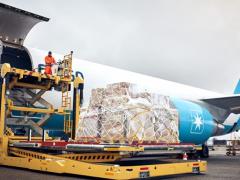A Bulawayo-bound tautliner has become the latest casualty of the Zimbabwe Republic Police (ZRP) force’s anti-corruption unit – authorised to stop transporters on suspicion of carrying contraband cargo, yet often without trained personnel to do inspections.
The truck in question was carrying consolidated freight which had been cleared by the Zimbabwe Revenue Authority (Zimra) at Beitbridge Border Post’s Container Depo (ConDep), a function billed to service operators.
However, about 50 kilometres north of the border the truck driver was stopped by ZRP and told to return to ConDep for another inspection – again at the transporter’s expense.
It also comes in spite of the driver being issued with the necessary documentation to prove that the cargo had already been cleared by Zimra at ConDep.
Mike Fitzmaurice, who heads up the Transist Assistance Bureau (Transist) and is the regional vice president of the African Union’s Organisation for Transport and Logistics, said it was probably one of the worst and most unnecessary non-tariff barriers (NTBs) he had come across.
He said he had taken the matter up with Zimra, who said they had no authority over ZRP. If police stopped a truck and saw something suspicious, they were allowed to insist on another inspection, a Zimra official said.
“Fair enough, but then ZRP should do the inspection there and then. It doesn’t make any sense to transporters to comply, only to be randomly stopped by police who don’t seem to know what they’re looking for,” Fitzmaurice said.
“Police pull trucks over that have been inspected and cleared but when Zimra is asked to intervene on behalf of cargo owners and operators, they say there’s nothing they can do. It’s just another NTB that comes at huge expense and lost time to transporters.”
In an appeal sent to Zimra, Fitzmaurice said: “If ZRP doesn't have the qualifications to have properly trained officers on the ground, then they shouldn't stop trucks and send them back to Beitbridge when they have already gone through ConDep hours before being stopped.”
The transporter in question wanted to know who was going to pay for the wasted trip of 100 kilometres and the anticipated loss of delivery time.
Although the cargo had been cleared on Thursday already, he stressed that the consignees would now have to wait until next week before receiving their cargo.
Fitzmaurice said for every hour cargo was unnecessarily delayed, costs of at least $20 were incurred, amounting to at least $480 per day.
As for the cargo itself, the transporter said ZRP “did not open the vehicle but said two small boxes of bicycle spares were suspicious”.
He added that the police officers were asked if the truck could proceed further along the route to a check-point where the cargo could be inspected by authorised officers, but the driver was instructed to head back to Beitbridge.
“This is absolutely ridiculous and totally unacceptable,” Fitzmaurice said.
“We don't have any issues with anti-smuggling stops, but then they must be done by properly trained personnel who know what to look for.”
He added that it was the apparent randomness of contraband checks that continued to disrupt supply chain in Zimbabwe.
On several occasions Fitzmaurice has appealed for post-clearing audits, to separate transporters that consistently comply with cargo procedures.
“It’s non-compliant transporters that should be stopped like this and not operators who are following procedures.”
